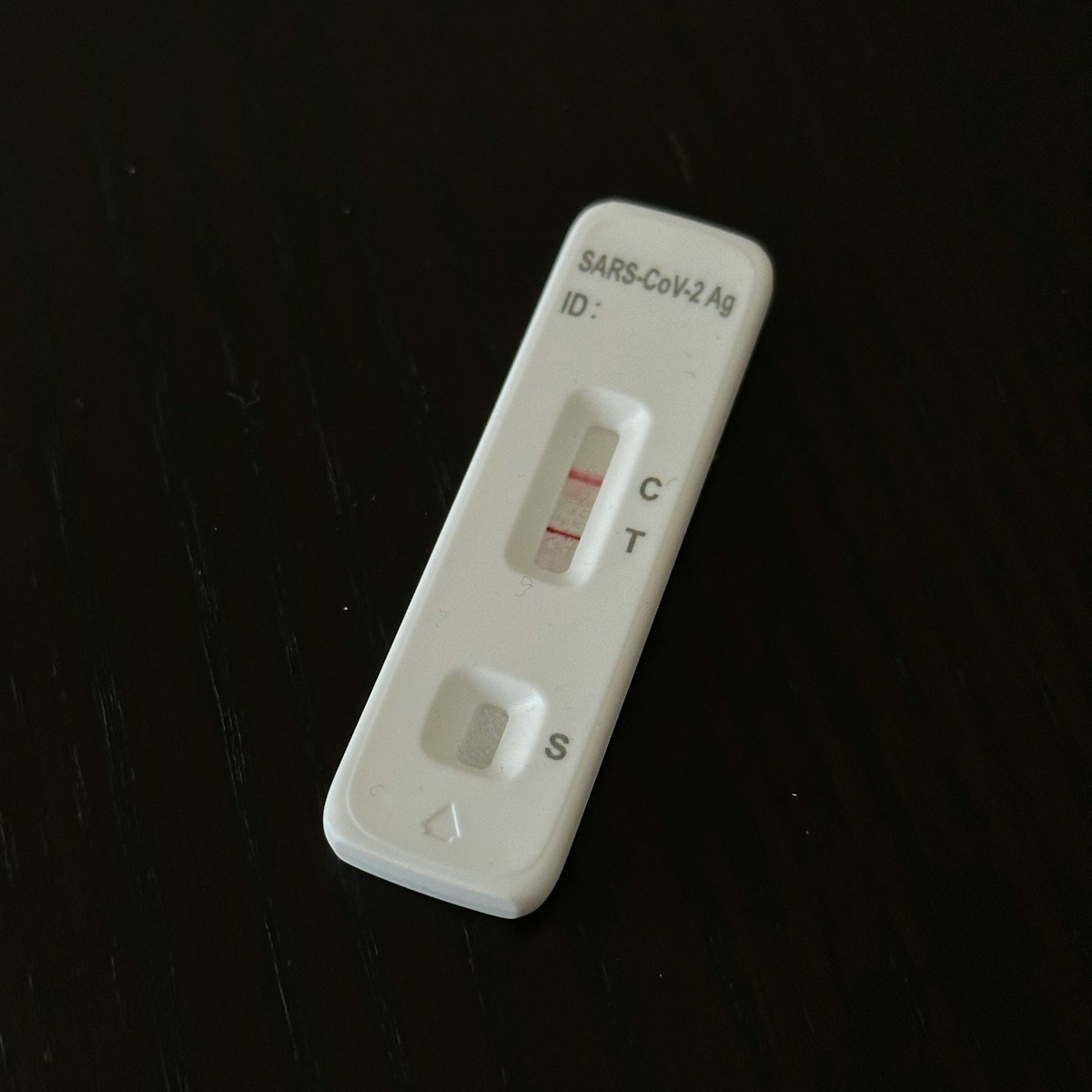A real life pregnancy kit positive result can be one of the most life-changing moments in a person’s life. Whether planned or unexpected, a positive test brings with it a wave of emotions, questions, and important decisions. This article provides a complete, people-first guide to understanding a pregnancy kit result, how to verify it, what your next steps should be, and how to take care of your health and well-being. With medically accurate insights and practical tips, this guide is designed to support anyone experiencing this significant moment.
Introduction: Understanding a Real Life Pregnancy Kit Positive Result
A real life pregnancy kit positive result is typically the first indication that someone might be pregnant. These over-the-counter kits are designed to detect the presence of the hormone hCG (human chorionic gonadotropin) in urine — a hormone produced during pregnancy. Seeing that second line appear or reading “pregnant” on a digital display can spark a whirlwind of thoughts and emotions. In this article, we’ll walk you through what this result really means and how to move forward in an informed, calm, and confident manner.
How Pregnancy Kits Work
What Is hCG?
Human Chorionic Gonadotropin is a hormone that begins to increase in the body shortly after a fertilized egg attaches to the lining of the uterus. Most pregnancy kits detect hCG levels as low as 20 mIU/mL.
Types of Pregnancy Tests
- Strip-based Tests – Require you to collect urine and dip a strip.
- Midstream Tests – You urinate directly on the stick.
- Digital Tests – Provide a “Pregnant” or “Not Pregnant” result.
How Soon Can You Use a Kit?
Most kits recommend waiting until the first day of a missed period, but some early-detection kits can work a few days prior.
Real Life Pregnancy Kit Positive: What It Means
Reading the Result
- Two Lines (even if one is faint): Typically indicates pregnancy.
- Digital Display: A clear “Pregnant” message removes ambiguity.
False Positives: Are They Possible?
Yes, but rare. Possible causes include:
- Chemical pregnancy
- Medications containing hCG (e.g., fertility drugs)
- Evaporation lines mistaken for positive results
- Recent miscarriage or abortion
How Accurate Are They?
- Over 99% accurate when used correctly and at the right time.
- Accuracy improves the longer you wait after a missed period.
What To Do After a Positive Pregnancy Test
1. Confirm the Result with a Healthcare Provider
Even if the real life pregnancy kit positive result is clear, a blood test or transvaginal ultrasound at a clinic confirms the pregnancy and dates it accurately.
2. Start Prenatal Vitamins Immediately
Especially folic acid (400–800 mcg daily), to help prevent neural tube defects.
3. Calculate Your Expected Due Date
Most providers calculate it based on the first day of your last menstrual period (LMP).
4. Plan Your First Prenatal Appointment
Usually between 6 to 8 weeks of pregnancy.
Emotional Response: Managing the Roller Coaster
Whether you’re excited, shocked, anxious, or unsure, all reactions to a real life pregnancy kit positive are valid. Some practical tips:
- Talk to someone you trust
- Journal your feelings
- Join a pregnancy support group
- Consider professional counseling if overwhelmed
If the Pregnancy Is Unplanned
Know Your Options
- Parenting
- Adoption
- Abortion (depending on local laws and your health condition)
Seek Professional Guidance
- Healthcare providers
- Reproductive health organizations (e.g., Planned Parenthood)
- Mental health counselors
Taking Care of Your Health After a Positive Result
Lifestyle Changes
- Quit smoking, drinking, or drug use
- Limit caffeine
- Eat a balanced, nutrient-rich diet
Foods to Focus On
- Leafy greens
- Whole grains
- Lean proteins
- Iron-rich foods (beans, red meat, fortified cereals)
- Dairy or calcium-rich alternatives
Physical Activity
- Low-impact exercises like walking, yoga, or swimming
- Avoid high-risk activities or contact sports
Tracking Your Pregnancy
Must-Have Pregnancy Apps
- What to Expect
- Ovia Pregnancy
- BabyCenter
These tools help monitor fetal development, symptoms, and appointments.
Keep a Pregnancy Journal
A daily or weekly journal helps document your journey, and it can also help emotionally process your new reality.
What Your Partner Needs to Know
Tips for Sharing the News
- Choose a calm setting
- Be honest and open about your feelings
- Prepare for different reactions
Supporting Each Other
- Attend appointments together
- Learn about pregnancy and parenting
- Communicate openly
Telling Family and Friends
When to Share
Many choose to wait until after the first trimester when miscarriage risk decreases, but it’s a personal choice.
How to Share
- In-person conversations
- Creative announcements (if desired)
- Consider cultural or religious sensitivities
Real Stories of Pregnancy Kit Positives
Hearing from others who’ve navigated a real life pregnancy kit positive moment can be reassuring. A few common themes from real individuals:
- “I was in shock but decided to seek professional guidance the next day.”
- “My partner and I weren’t trying, but we embraced the journey together.”
- “It turned out to be a chemical pregnancy, and it helped me understand my body better.”
Frequently Asked Questions
How soon should I see a doctor?
Within a week of a positive home test is ideal.
Can I trust a faint line?
Yes, a faint line usually still indicates pregnancy.
Should I take multiple tests?
You can retest after 2–3 days. hCG levels double approximately every 48–72 hours in early pregnancy.
What if I don’t feel pregnant?
Symptoms vary; some feel nothing until 6–8 weeks.
Miscarriage and Early Loss
Sadly, about 10–20% of known pregnancies end in miscarriage, often early on. If you’ve had a real life pregnancy kit positive and then experienced bleeding or loss of symptoms, contact your doctor. You’re not alone, and emotional support is available.
Medical Conditions That Mimic Pregnancy Symptoms
In rare cases, conditions like:
- Ovarian cysts
- Pituitary tumors
- Ectopic pregnancy
may cause pregnancy-like symptoms or even false-positive results. A healthcare provider can differentiate these.
When to Seek Immediate Medical Attention
After a real life pregnancy kit positive, go to the emergency room if you experience:
- Severe abdominal pain
- Heavy bleeding
- Fainting or dizziness
- Shoulder pain (sign of ectopic pregnancy)
Wrapping Up: Your Positive Test Is Just the Beginning
A real life pregnancy kit positive result is a major life moment. Whether you’re overjoyed, scared, or somewhere in between, know that you have options, resources, and support. Make informed choices, prioritize your health, and surround yourself with people who uplift you.



0 Comments